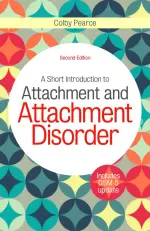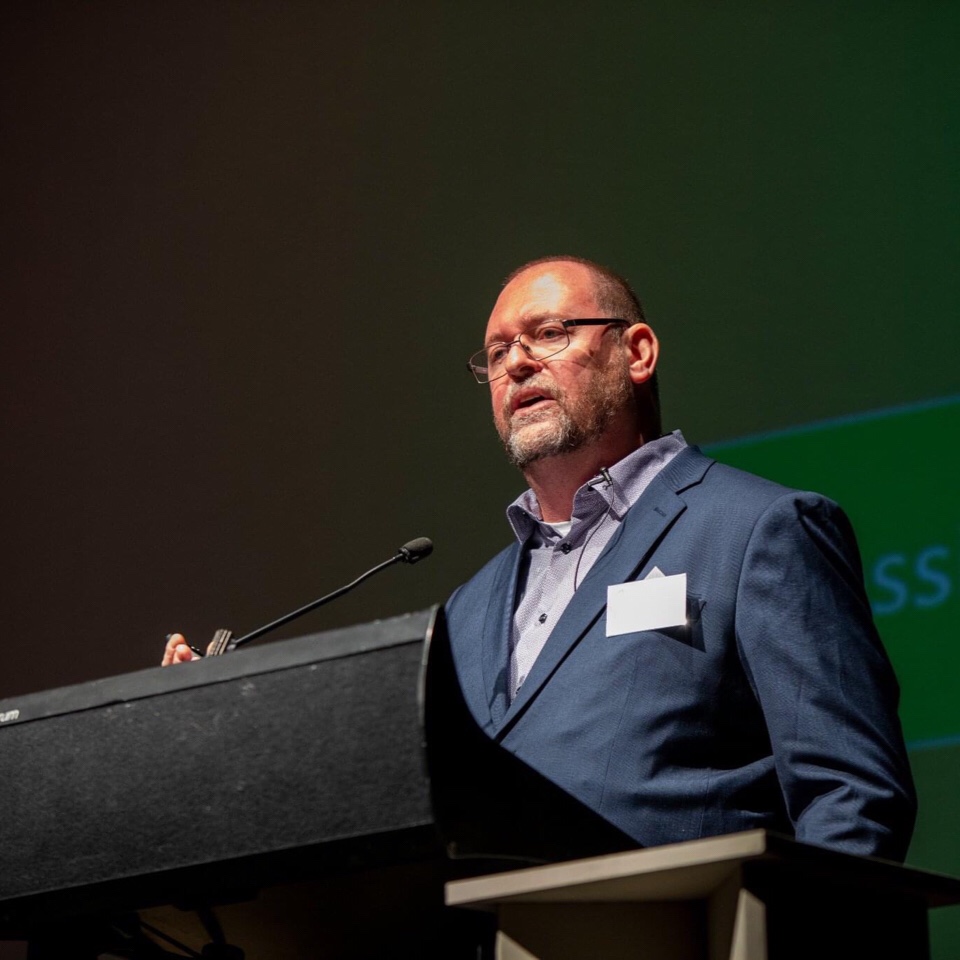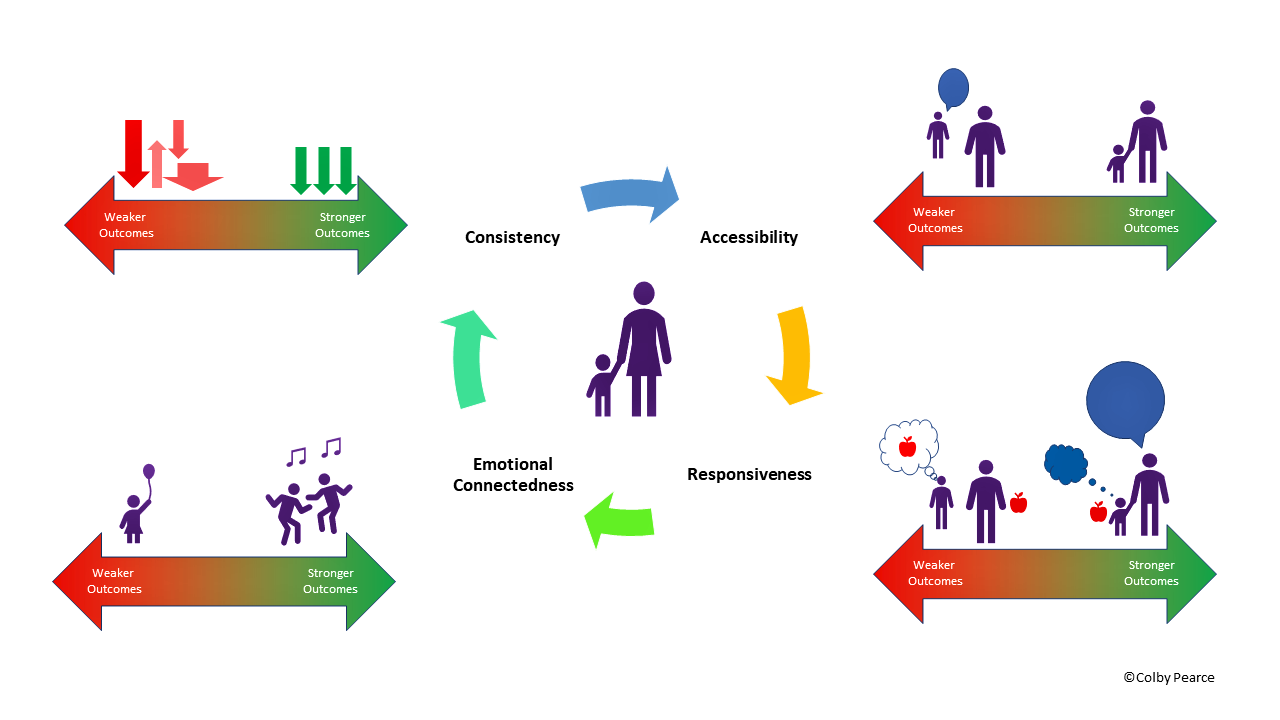 I am often reading and hearing about the frustrations of parents and carers of children with special needs when interfacing with their children’s school. What follows is my attempt to open dialogue with a school that has otherwise proved resistant to accepting and implementing specialist advice about the individual care and management requirements of some of my clients. I am hoping that it creates the possibility for conversation between the school and I. As it happens, the model and strategies I refer to is what I would recommend anyway for the children I see who have experienced family trauma. Let me know what you think.
I am often reading and hearing about the frustrations of parents and carers of children with special needs when interfacing with their children’s school. What follows is my attempt to open dialogue with a school that has otherwise proved resistant to accepting and implementing specialist advice about the individual care and management requirements of some of my clients. I am hoping that it creates the possibility for conversation between the school and I. As it happens, the model and strategies I refer to is what I would recommend anyway for the children I see who have experienced family trauma. Let me know what you think.
I am writing to touch base with you in association with my professional involvement with a number of your students.
I anticipate that you field regular requests for special consideration regarding the care and management of individual children at school. I understand that it is often not possible or appropriate to implement special considerations for all children for whom they are sought.
This email is not about my views about what special considerations should be put in place regarding the care and management of the children with whom I am involved.
Rather, I wanted to convey to you my views about school-wide management strategies that are important in building resilience amongst the children at your school.
The fundamental premise of my views about building resilience is the idea that all children have within them the capacity to be resilient.
Resilience stems from regular and repeated experiences of overcoming challenges and achieving feelings of mastery. Feelings of mastery, in turn, promote a resilient mindset.
Children are more likely to accept challenges and experience feelings of mastery, thus developing a resilient mindset, when three important preconditions are met. These are:
- That they are calmly alert;
- That they trust that there are adults present who understand and support them; and
- That they are confident that their needs will be consistently met.
Achieving calm alertness requires that children have a structured day that also incorporates routines, boundaries and regular opportunities for short bursts of vigorous physical activity. Calm alertness is also achieved by exposing children to specific types of auditory input during the day, such as exposing the children to Mozart piano concertos after breaks and prior to the completion of graded work.
Trust is achieved in association with children having the experience that their inner world is understood and important. Children experience their inner world as being understood and important when adults reframe questions as statements about what the child might be thinking or feeling, or what their attitudes and motivations were.
Children’s confidence that their needs will be consistently met is promoted by adults addressing their needs proactively. When a child asks, the child learns important lessons about adult responsiveness. But when an adult responds to the child’s need before they ask, such as attending to the child and offering assistance before the child asks, the child learns learns that their needs are understood and important, and that they can rely on others to respond to their needs without having to go to extraordinary lengths to draw attention to them.
As it happens, I have written a book about promoting resilience in children, which is published in the UK and USA and sold worldwide. The details of the book are as follows:
Pearce, C. (2011). A Short Introduction to Promoting Resilience in Children. London: Jessica Kingsley Publishers.
There is more information about promoting resilience on my website: www.securestart.com.au
Please do not hesitate to contact me if I can be of any further assistance to you or the school in building resilience amongst the children who attend there.










Reblogged this on The Family of 5's Journey.